Unlock the Wonders of Science: Science Classes for Kids in 2023
Are you ready to embark on a magical journey into the world of science classes for kids? Science classes have the power to ignite curiosity and inspire young minds, fostering a lifelong love for learning and discovery.
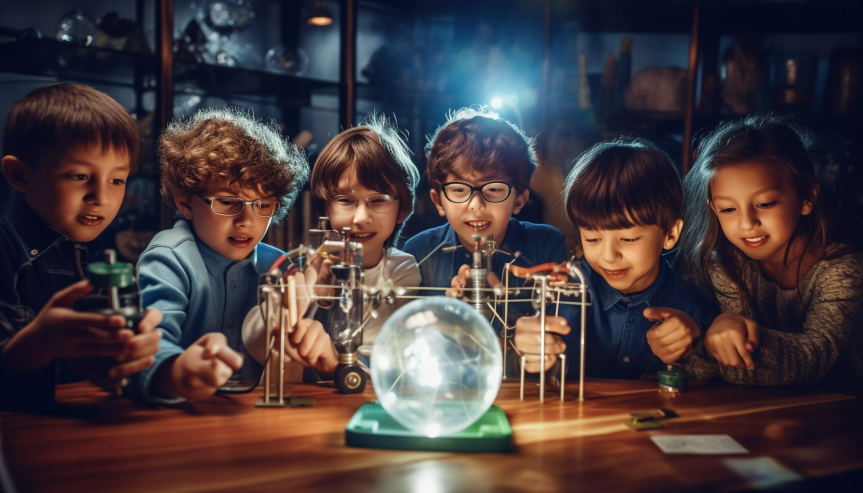
Are you ready to embark on a magical journey into the world of science classes for kids? Science classes have the power to ignite curiosity and inspire young minds, fostering a lifelong love for learning and discovery. In this blog post, we’ll explore the many benefits of science classes, from engaging young minds to building critical thinking and problem-solving skills, and even expanding learning opportunities with online science classes. So let’s dive into the enchanting world of science education and unlock the wonders of science for your child!
Key Takeaways
- Unlock the wonders of science with engaging and educational activities for kids in 2023!
- Cultivate creativity, critical thinking & problem-solving skills through STEAM education.
- Stimulate curiosity and foster a lifelong appreciation for science with MEL Science kits.
The Magic of Science Classes for Kids

Science classes are powerful tools in fostering curiosity, sharpening critical thinking, and cultivating creativity in young minds, especially when they explore subjects like earth science. Kids learn best through exploration, and science programs like STEAMboat Studio’s Science Class for Kids provide hands-on experiments and activities that encourage discovery, allowing kids to delve into the natural world, the human body, and the universe.
With such engaging and interactive opportunities, science classes are a great place for children to expand their knowledge and nurture their love for learning.
Engaging Young Minds with Science Concepts
A variety of exciting science classes captivate young minds by introducing them to fascinating scientific concepts. From STEM Odyssey to Toddler Discovery Science and Mad Science. HQ’s science classes for kids provide captivating experiences that immerse children in the wonders of science.
When kids explore hands-on experiments and participate in interactive activities, they develop a deeper understanding and appreciation for science, ultimately sparking their curiosity and fostering a lifelong appreciation for the subject.
Encouraging Discovery and Exploration
Promoting a sense of discovery and exploration among children is a key benefit of science classes. Hands-on experiments and activities stimulate curiosity, encouraging kids to ask questions, investigate, and uncover the answers.
Teachers can foster this sense of exploration by providing real-world examples, posing open-ended questions, and offering opportunities for students to conduct their own research. Through this process, children gain valuable problem-solving skills and learn the importance of teamwork and collaboration in the quest for scientific knowledge.
Building Critical Thinking and Problem-Solving Skills
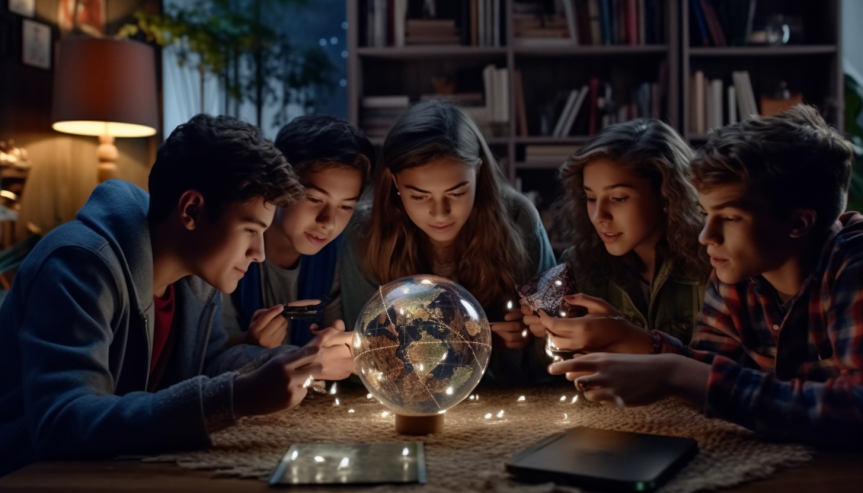
The development of critical thinking and problem-solving skills in children is a unique opportunity offered by science classes. Activities and experiments that challenge kids to observe, analyze, and draw conclusions help sharpen these skills, providing invaluable advantages that will stay with them for life.
As they explore scientific concepts and principles, they develop the vital skills necessary to make informed decisions, solve complex problems, and adapt to new situations.
Strengthening Analytical Abilities
By teaching kids to observe, analyze, and draw conclusions from experiments, their analytical abilities are significantly enhanced in science classes. Real-world examples and technology integration provide meaningful context for their learning, enabling them to truly grasp the concepts they are studying and apply them in practical ways.
As they engage in hands-on experiments, kids develop the ability to think critically and analytically, preparing them for future success in their academic and professional lives.
Cultivating Creativity and Innovation
Creativity and innovation can significantly enhance the essential skill of problem-solving. Science classes provide an excellent platform for children to think outside the box and find unique solutions to problems. As they explore scientific concepts and principles, kids are encouraged to come up with creative ideas and approaches to challenges, fostering a mindset of innovation and adaptability that will serve them well in their future pursuits.
This mindset of creativity and innovation can be further developed through activities such as robotics, coding, and more.
Online Science Classes: Expanding Learning Opportunities

For busy families in today’s fast-paced world, online science classes serve as a convenient and flexible alternative. These classes provide students with the opportunity to:
- Learn at their own pace
- Learn on their own schedule
- Explore their interests
- Expand their knowledge
With diverse course offerings available, from earth science to the solar system, there’s something for every child, regardless of their age or skill level.
Flexibility and Convenience
One of the greatest benefits of online science classes is the flexibility and convenience they offer. Students can participate in classes when it is most suitable for them, and progress at a pace that is comfortable for them.
This flexibility allows kids to balance their learning with other commitments and activities, ensuring that they are able to fully engage with the material and maximize their learning potential.
Diverse Course Offerings
Online science classes provide a wealth of diverse course offerings catering to a variety of interests and skill levels. Some examples include:
- Robotics
- Ecology
- Astronomy
- Chemistry
Kids can explore a wide range of topics at school and find a course that aligns with their passions.
This diversity in course offerings ensures that every child has the opportunity to discover their interests, hone their skills, and develop a love for learning science.
Choosing the Perfect Science Program for Your Child
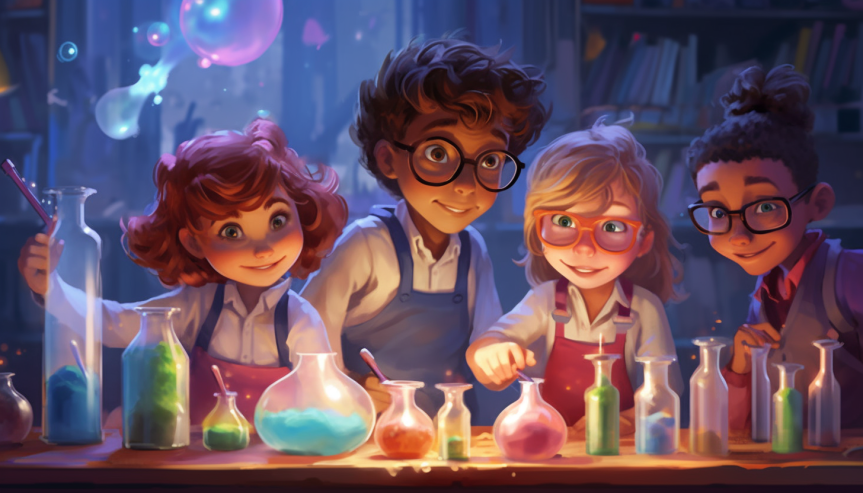
Factors such as age-appropriate content, alignment with interests, and qualified instructors should be considered when selecting a science program for your child. By researching the curriculum, teaching methods, and instructors, as well as seeking feedback from other parents and students, you can make an informed decision about the best program for your child’s learning journey.
Here are some tips to help you find the perfect science program for your child.
Age-Appropriate Content
Choosing a science program with age-appropriate content ensures that your child is engaged and challenged at the right level. A thorough curriculum review can help you determine if the program is suitable for your child’s age and abilities.
Additionally, using language and visuals that are appropriate for the age group, as well as providing scaffolding and support tailored to the age group, can help ensure your child has a positive and engaging learning experience.
Aligning with Interests
Selecting science classes that align with your child’s interests is crucial in keeping them engaged and motivated in their learning journey. By researching various science programs and discussing your child’s interests and objectives with the instructors or program coordinators, you can find a program that caters to your child’s passions and goals.
Engaging in hands-on activities and real-world examples that are relevant to their interests will make learning more enjoyable and meaningful for your child.
Qualified and Passionate Instructors
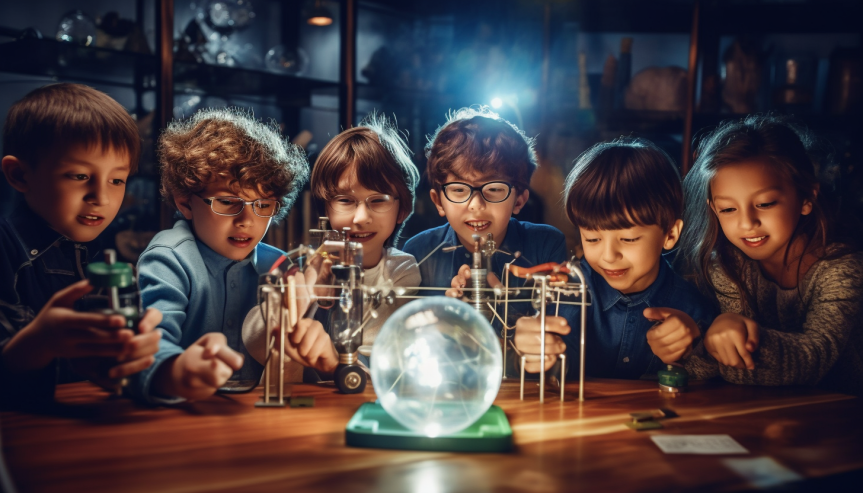
Finding qualified and passionate instructors is essential for providing your child with the highest quality of education and igniting their passion for science. Instructors who are up-to-date with the latest scientific advancements and teaching methodologies can offer valuable insights and guidance to help your child succeed in their learning journey.
By fostering a supportive and collaborative learning environment, instructors can effectively teach and inspire your child in their science education journey.
Integrating Art and Engineering in Science Education
The integration of art and engineering in science education through the STEAM approach offers a unique way to combine science with technology, engineering, arts, and mathematics. By incorporating these disciplines into a single learning experience, students can unlock creative solutions to challenges, fostering interdisciplinary thinking and problem-solving abilities.
Let’s delve into the benefits of STEAM education and its role in encouraging collaboration and teamwork among students.
STEAM: A Comprehensive Approach
STEAM education offers a comprehensive learning experience by combining:
- Science
- Technology
- Engineering
- Arts
- Mathematics
This interdisciplinary approach allows students to explore different subjects, uncover their passions, and develop their strengths.
By engaging in hands-on projects, problem-solving activities, and collaborative learning, students can gain a deeper understanding of scientific principles and foster their creativity and innovation.
Encouraging Collaboration and Teamwork
STEAM-based science classes promote collaboration and teamwork among students by teaching them the importance of working together to solve problems and complete projects. Through group projects, cooperative learning activities, and peer teaching, students can develop essential problem-solving skills and learn the value of teamwork in achieving their goals.
By fostering a collaborative learning environment, students can gain a wealth of knowledge and experiences that will serve them well in their future pursuits.
Real-Life Applications of Science Concepts
Teaching real-life applications of scientific concepts in science classes is essential to help students connect their learning to everyday experiences. By demonstrating the relevance of scientific concepts to daily life, students can develop a deeper understanding of the material and become more engaged in their learning.
Let’s delve into the importance of making connections between science and daily life to make learning more meaningful and engaging for kids.
Connecting Science to Daily Life
Science classes that demonstrate the relevance of scientific concepts in daily life can make learning more engaging and meaningful for kids. By providing real-world examples, hands-on experiments, and opportunities for students to ask questions and explore further, science classes can help students comprehend how the knowledge they are acquiring in class can be used in the real world.
This connection between science and daily life encourages students to develop a deeper understanding of the subject and fosters a lifelong love for learning.
MEL Science kits for science classes
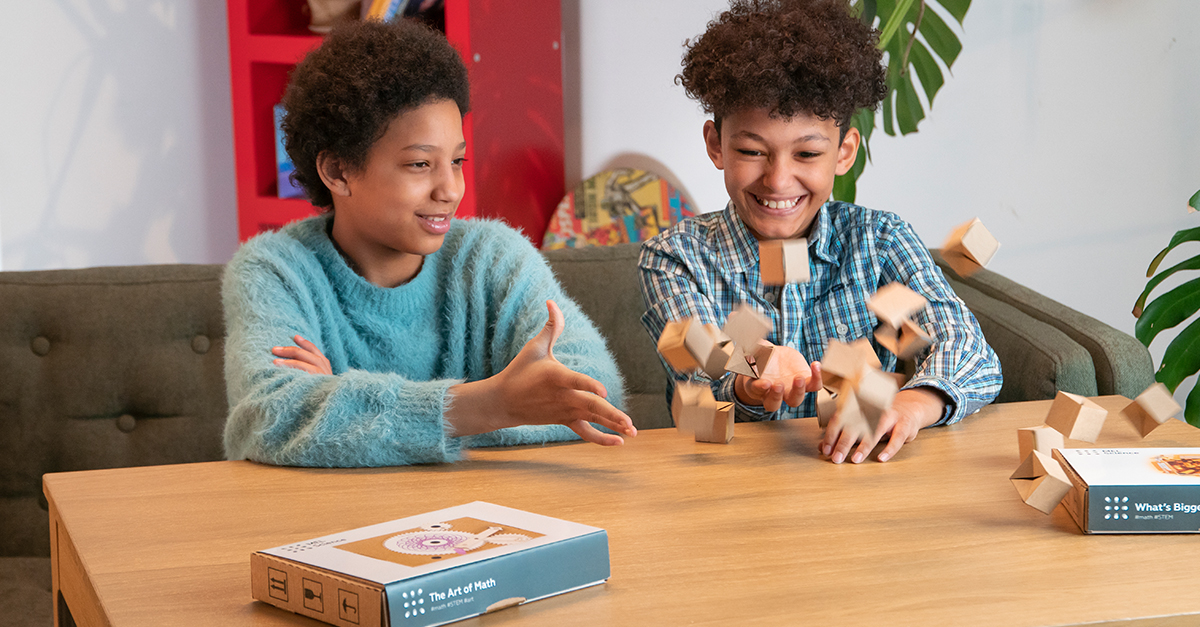
MEL Science kits offer a variety of science classes, including MEL STEM, MEL Chemistry, and MEL Physics, providing hands-on learning experiences for kids. Each kit contains hands-on experiments and materials that allow children to explore and discover various scientific concepts and principles.
Let’s examine how each of these exciting MEL Science kits can enhance your child’s science education.
MEL STEM
MEL STEM kits cover a range of topics, from robotics to ecology, offering engaging and interactive science classes for kids. These kits provide hands-on activities and experiments that help students understand the fundamentals of each subject in a fun and engaging way.
By incorporating MEL STEM kits into science classes, students can explore their interests, hone their skills, and develop a love for learning science.
MEL Chemistry
MEL Chemistry kits provide hands-on chemistry experiments, allowing kids to explore the world of molecules and chemical reactions. These kits include everything needed for students to conduct experiments and learn about the fascinating world of chemistry in a fun and engaging way.
MEL Chemistry kits are an excellent addition to any science class, sparking curiosity and fostering a love for learning chemistry among students.
MEL Physics
MEL Physics kits teach kids about the laws of physics through fun and engaging experiments, sparking their interest in the subject. These kits provide students with the opportunity to explore the fascinating laws of:
- motion
- energy
- forces as well as the principles of:
- electricity
- magnetism.
By incorporating MEL Physics kits into science classes, students can gain a deeper understanding of the subject and cultivate an enthusiasm for learning physics.
Summary
In conclusion, science classes for kids offer a magical journey of discovery, exploration, and learning. From engaging young minds with captivating scientific concepts to building critical thinking and problem-solving skills, science classes unlock the wonders of science for children. Online science classes expand learning opportunities, while the STEAM approach encourages collaboration and teamwork. Ultimately, the perfect science program for your child combines age-appropriate content, aligns with their interests, and is led by qualified and passionate instructors. So, let your child embark on this incredible adventure and ignite their curiosity for the world of science!
Frequently Asked Questions
What are the benefits of science classes for kids?
Science classes for kids can spark their curiosity, sharpen their critical thinking, and foster creativity - all invaluable skills for future success.
How can online science classes benefit my child?
Online science classes provide your child the flexibility, convenience, and diversity of course offerings needed to learn at their own pace and on their own schedule, creating the perfect environment for academic success.
This type of learning environment allows students to explore their interests and develop their skills in a way that is tailored to their individual needs. It also provides them with the opportunity to learn from experts in the field, as well as access to resources that may not be available in a classroom.
What should I consider when choosing a science program for my child?
When selecting a science program for your child, make sure it is age-appropriate, aligned with their interests, and taught by qualified instructors to ensure they receive the most from the experience.
This will help ensure that your child is engaged and learning in a safe and stimulating environment.
What is the STEAM approach and how does it benefit science education?
The STEAM approach encourages collaboration and teamwork by combining science, technology, engineering, arts, and mathematics into a comprehensive learning experience, which can lead to greater benefits for science education.
How can I help my child connect their science learning to everyday life?
Help your child explore the real-world applications of scientific concepts, conduct experiments, and ask questions to discover how science plays a role in their daily lives.
Encourage your child to explore the world around them and ask questions about how things work. Show them how science can be used to answer those questions and explain the world around them.
Help your child understand the scientific process and how it works.

